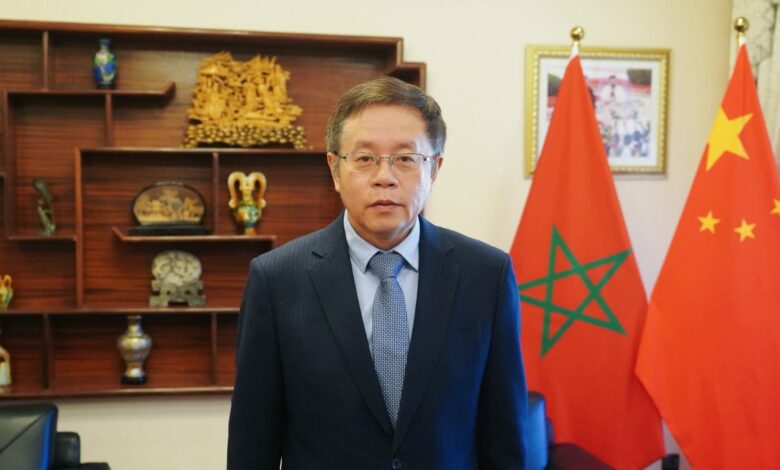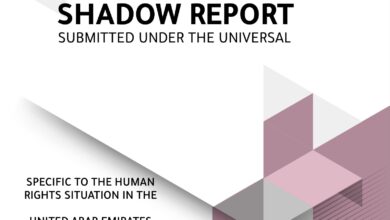LI Changlin, Chinese Ambassador to Morocco: Let Us Stand Against Economic Bullying and Defend the Global Economic Order Together

ALDAR/
Recently, the United States has imposed tariffs on all its trading partners under various pretexts and has notably announced a 125% surcharge on China. The trade war triggered by the United States severely undermines the legitimate rights and interests of all countries, seriously violates the rules of the World Trade Organization (WTO), gravely damages the rules-based multilateral trading system, and seriously disrupts the global economic order. The Chinese government strongly condemns and firmly opposes such a decision.
This is a matter of justice. The United States attempts to disguise these tariffs as so-called “reciprocity,” putting American interests above the common good of the international community and pushing forward American hegemonic ambitions at the expense of the legitimate interests of all countries. Essentially, the United States is exercising hegemony under the guise of “fairness.” With the policies of “America First” and “American Exceptionalism,” the U.S. administration believes in coercion instead of dialogue and confrontation instead of cooperation. Forcing countries with different levels of development and industrial bases to open their domestic markets under the pretense of “reciprocity” is no different from making a child fight against fully grown men. The U.S. attempt to “harvest” global wealth through tariffs tramples on international justice. It is doomed to fail.
This is also a matter of the healthy development of economic globalization. The United States has undoubtedly benefited from globalization for a long time and has reaped immense profits from the free trade system of goods and services. In recent years, however, the United States has deliberately ignored the structural problems within its own economy and instead sought to shift its internal conflicts outward through tariffs. Its goal is to deprive other countries—especially developing ones—of their legitimate right to benefit from globalization. The U.S. is deliberately trying to cut supply chains and distort the global market’s resource distribution. It aims to strangle the entire global economy with its “anti-globalization” agenda. This effort, too, is bound to fail.
It is furthermore a matter that concerns the future of the entire world. Development is an inalienable right of all countries—not a privilege reserved for a few. Openness and cooperation represent the dominant trend, and the world cannot and must not return to isolation or division. The international community aspires to win-win cooperation, while economic bullying will eventually backfire on those who practice it. The future of the world should be determined by all countries, and never by one country alone. The United States is attempting to hijack the world’s future to maintain its hegemonic status. This, too, is bound to fail.
As the world’s second-largest economy and second-largest consumer goods market, China is committed to contributing to global economic growth and defending the global economic order. Since joining the WTO in 2001, China has continuously expanded its participation in economic globalization. We have actively implemented trade and investment liberalization and facilitation measures, effectively strengthened the stability, transparency, and predictability of our trade policies, and made positive contributions to maintaining the effectiveness and authority of the multilateral trading system. China’s mega-market of 1.4 billion people will offer unlimited opportunities to the world—especially to African and Arab countries. China’s ever-evolving technological innovations will inject endless vitality into global growth. Choosing China is choosing opportunity and the future.
China and Morocco are both participants in, builders of, and beneficiaries of the rules-based multilateral trading system. Amid the wave of economic globalization, pragmatic Sino-Moroccan cooperation continues to deepen, the scale of investment is expanding, and total trade volume continues to rise. All of this contributes significantly to new momentum for economic development and the well-being of both nations. We are ready to work with all parties, including our Moroccan partners, to uphold the principles of extensive consultation, joint contribution, and shared benefits; to practice true multilateralism; and to defend the WTO-centered global trading system. Together, we will stand on the right side of history!





